How to Find & Hire the Ideal WordPress Developer for Your Project
Hiring a WordPress developer might sound straightforward—but getting the right one requires care. A skilled WordPress developer doesn’t just build sites; they optimize performance, ensure security, maintain scalability, and smoothly integrate with other systems. Whether you’re launching a simple blog, setting up e-commerce, or building a high-traffic corporate site, selecting the correct developer will impact everything from uptime and user experience to long-term costs.
Why a Specialized WordPress Developer Matters
A WordPress developer does more than pick themes and install plugins. Their responsibilities often include both front-end and back-end development: writing clean and maintainable PHP, working with JavaScript/jQuery, managing CSS, and ensuring HTML is responsive and accessible. They troubleshoot version incompatibilities, manage security, optimize performance, ensure mobile friendliness, and sometimes also handle hosting concerns. All of this adds up to not just having a site that looks good, but one that performs, scales, and remains secure over time.
Key Skills & Competencies to Look for
When evaluating candidates, these specific skills are often indicators of strong capability:
Proficiency in PHP, the primary language for WordPress core, theme, and plugin development.
Front-end skills: HTML, CSS, JavaScript / jQuery – to ensure the site is responsive, interactive, and integrates clean UI/UX.
Theme customization: Adjusting or building themes so they load efficiently, are mobile-friendly, and behave correctly across browsers.
Plugin knowledge: Both using existing plugins and, if necessary, writing custom ones; understanding how plugins can affect performance and security.
Integration experience: Connecting the WordPress site to other platforms—e-commerce systems (WooCommerce or others), CDN services, external APIs.
Maintenance & security: Keeping WordPress core, themes, and plugins updated; applying security best practices; optimizing hosting; ensuring regular backups.
Hiring Paths: Pros, Cons & What to Expect
There are generally two major routes to hire a WordPress developer, each with trade-offs:
Through a Software Development Company
Pros: More reliable oversight; structured quality control; easier access to senior developers or specialized technical mentoring.
Cons: Typically higher cost; possibly longer onboarding or slower turnaround compared to freelancers.
Through Freelancing Platforms
Pros: Flexibility; potentially lower cost; large talent pools if you're ready to do more vetting.
Cons: Risk of inconsistent quality; possible communication issues; need to manage contracts, security, and expectations more tightly.
What to Ask & Evaluate During the Hiring Process
To ensure you choose a strong WordPress developer, ask the right questions and review relevant evidence:
Portfolio & Case Studies: Ask to see examples of sites they’ve built—especially ones similar in scope or complexity to yours.
Performance Metrics: How did their past sites perform in terms of load times, mobile responsiveness, SEO, and traffic scalability?
Security Practices: Do they follow WordPress security best practices—regular updates, vulnerability testing, minimizing plugin risks?
Maintenance Support: What support or maintenance do they offer post-launch? Will they help with backups, updates, troubleshooting?
Communication & Process: How do they manage projects? Do they work with version control, adhere to timelines, provide progress updates?
Trade-Offs & Pitfalls to Avoid
While WordPress can be powerful, there are pitfalls to watch out for—and some trade-offs that might cost you later if you’re not careful:
Over-reliance on plugins for features, which can slow down the site or introduce conflicts.
Choosing themes that are bloated or poorly maintained by third parties.
Ignoring hosting requirements: WordPress demands certain versions of PHP, MySQL/MariaDB, HTTPS, etc., and good hosting can make a big difference in speed and stability.
Upfront cost vs long-term cost: a cheaper developer may save you money now but cost more later in maintenance, scaling, or performance issues.
How Long Does It Take & What Are the Costs
A basic WordPress site using an off-the-shelf theme can sometimes be set up in 4-8 hours, excluding custom design and functionality.
Custom work (themes, plugin development, integrations, optimization) takes more time. Revisions can add several days. Maintenance, updates, and ongoing improvements should be factored in.
Choosing the Right Fit for Your Project
Before deciding, think through:
Your budget and how much technical debt or risk you’re willing to bear.
How important performance, security, and scalability are to your use case.
Whether you need ongoing support (e.g. for updates, backups, content edits).
How involved you want to be in supervision, project management, and quality control.
If you're seeking expertise to find a WordPress developer who not only matches your technical requirements but also aligns with your project goals, hire-quality standards, and long-term vision, contact Hireplicity today. We can help you identify, vet, and onboard the right developer, or work with you as your development partner to deliver a site built for success.

